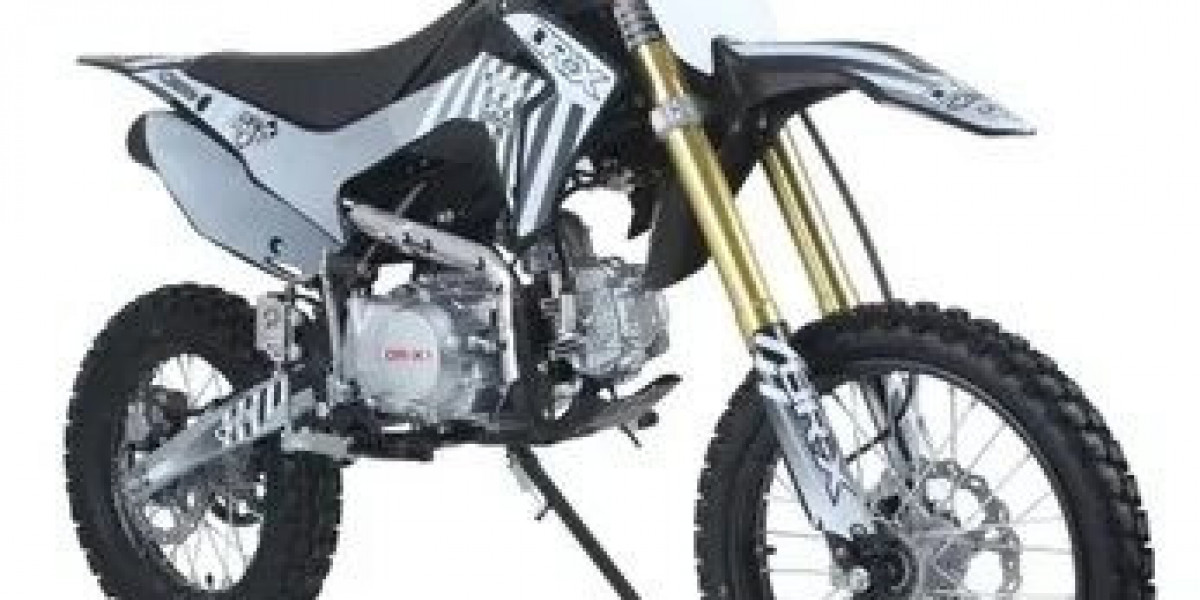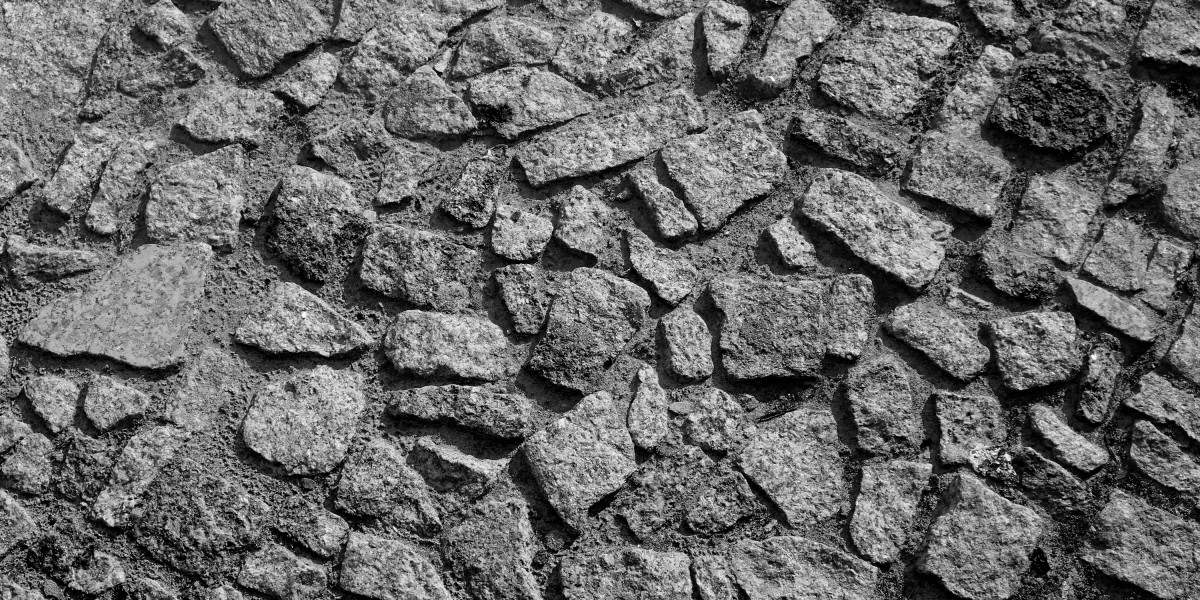Owning a 125cc dirt bike in Canada is an exciting way to explore off-road trails, rural landscapes, and motorbike sports. However, before you start your engine, it’s important to understand the legal guidelines that govern dirt bike use in the country. Each province has specific laws that dictate where, when, and how you can ride. This guide covers the essential 125cc dirt bike laws and rules in Canada to help riders stay safe, legal, and informed.
Understanding 125cc Dirt Bikes: What Makes Them Popular?
A 125cc dirt bike strikes a balance between power and control, making it ideal for teens, beginners, and casual riders. These bikes are lightweight, agile, and suitable for trail riding and off-road motorsports. Riders appreciate them for their fuel efficiency and affordability compared to higher cc models.
But while their size and engine capacity may seem modest, don’t assume they’re free from legal restrictions. Canadian dirt bike regulations can vary widely based on where you live and ride.
Is a 125cc Dirt Bike Street Legal in Canada?
The short answer is: Not usually. In most parts of Canada, dirt bikes — including 125cc models — are not street legal by default. This is mainly due to:
Lack of safety equipment like headlights, taillights, mirrors, and signals
Off-road tire tread that doesn’t meet street-use standards
Noise level and emission regulations
To ride your 125cc dirt bike on public roads, you must register and modify it to meet local street-legal requirements. Some provinces allow dual-sport conversion, but you must follow strict inspection guidelines.
Provincial Rules for 125cc Dirt Bikes in Canada
Let’s break down key provincial regulations. While rules vary, some common laws apply across provinces.
Ontario Dirt Bike Laws
In Ontario, the Off-Road Vehicles Act (ORVA) governs dirt bike usage. You must:
Be at least 12 years old to ride alone off-road
Always wear an approved helmet
Have your dirt bike registered and plated
Obtain an ORV permit and insurance
Stick to designated off-road trails
Riding on public roads, sidewalks, or parks is not allowed unless your bike is dual-sport and meets Highway Traffic Act standards.
British Columbia Regulations
In BC, dirt bike rules are enforced under the Off-Road Vehicle Act. Key points include:
Mandatory registration and decals for off-road bikes
Riders must carry liability insurance if riding on Crown land
Helmet use is compulsory
Must follow trail restrictions and closures for protected areas
Dual-sport conversions may be approved, but only if your 125cc dirt bike passes inspection.
Alberta Riding Guidelines
Alberta’s Traffic Safety Act and OHV laws state:
All off-road vehicles must be registered
A valid insurance policy is required for Crown land use
Public roadway use is restricted
Minors must be supervised and wear protective gear
Alberta has many OHV-friendly areas, but using a dirt bike on city streets or residential roads is usually prohibited.
Quebec Rules for Dirt Bikes
Quebec’s dirt bike laws are among the most strict in Canada. Highlights:
Riders must be 16 years or older with a training certificate
Helmet and safety gear are mandatory
Riding on snowmobile trails is banned unless specifically allowed
Use of dirt bikes in urban areas is highly restricted
For 125cc dirt bikes, modifications for legal road use must be done with extreme care and local approval.
Do You Need a License to Ride a 125cc Dirt Bike?
In most provinces, you don’t need a motorcycle license to ride a 125cc dirt bike off-road. However, you do need:
An ORV permit or registration
Parental consent for riders under 16
In some areas, off-road safety training
To ride your dirt bike on public roads (if converted to dual-sport), you must hold a valid motorcycle license (M1 or M2 in Ontario, Class 6 in Alberta, etc.).
Required Gear and Safety Standards
Even though 125cc dirt bikes are smaller than other models, they can still cause injury without proper protection. Riders must follow Canadian safety standards:
Wear DOT-approved helmets
Use off-road boots, gloves, goggles, and body armor
Maintain your bike in safe working condition
Authorities may issue fines for riding without safety equipment — and some trails won’t even allow entry without proof of gear.
Insurance and Registration for 125cc Dirt Bikes
Insurance for dirt bikes is mandatory in most provinces, especially if you plan to ride on public lands. Coverage may include:
Third-party liability
Collision or theft
Off-road use only clauses
To register your 125cc dirt bike, you’ll need:
Proof of ownership or bill of sale
Valid identification
Insurance documents
Registration fee
Once registered, your dirt bike will get an ORV plate or sticker, which must be displayed while riding.
Where Can You Legally Ride a 125cc Dirt Bike in Canada?
Finding legal riding areas is essential to stay within the law. Options include:
Designated off-road trails managed by the province
Private properties with owner permission
OHV parks and dirt bike tracks
Certain Crown lands (with insurance and registration)
Avoid riding in city parks, sidewalks, bike lanes, or near pedestrian zones — these are almost always illegal zones for dirt bikes.
Can You Convert a 125cc Dirt Bike to Street Legal?
Yes, but it’s not easy. To make your 125cc dirt bike street legal, you’ll need to:
Install headlights, brake lights, turn signals, horn, speedometer, and mirrors
Upgrade tires to DOT-approved versions
Pass vehicle inspection by a licensed technician
Get street-use insurance and license plate
Ensure bike meets emission and noise standards
Some provinces may deny registration even after modifications. Always check your provincial guidelines before attempting a conversion.
Common Penalties for Breaking Dirt Bike Laws
Riding a 125cc dirt bike illegally can result in:
Fines ranging from $250 to $2,000
Impoundment of the bike
Insurance cancellation
Court summons for repeat offenders
License suspension in serious cases
Following provincial rules helps avoid penalties and ensures your safety and the safety of others.
Helpful Tips for First-Time 125cc Dirt Bike Riders
Start with safety training or beginner riding courses
Join local riding clubs to explore legal trails
Learn how to maintain your dirt bike regularly
Always carry ID and insurance proof
Stay updated on local riding laws
Responsible riding is the best way to enjoy your dirt bike while staying compliant with Canadian laws.
Final Thoughts for Responsible Riders
A 125cc dirt bike offers freedom and excitement, but it also comes with legal responsibilities. Whether you’re trail riding in Alberta, exploring Crown land in BC, or gearing up in Ontario, understanding the rules helps protect your rights and your ride. Always research your provincial laws, wear safety gear, and ride where it’s legal. Following these practices ensures that you get the most out of your dirt bike experience—legally and safely.














